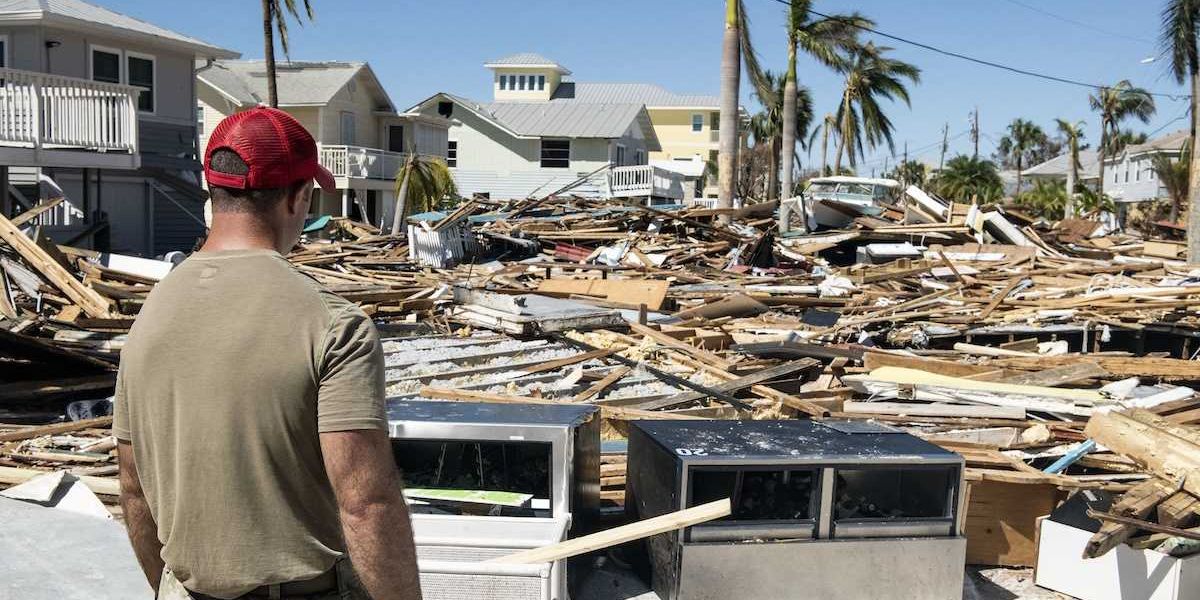Trump’s push to sway Europe on fossil fuels clashes with clean energy momentum
The Trump administration’s attempt to position fossil fuels as Europe’s best bet for energy security landed flat at a major summit in London, where most leaders emphasized a future rooted in clean energy.
Karl Mathiesen reports for POLITICO.
In short:
- At an energy security summit in London, U.S. officials urged European leaders to view clean energy transitions as a strategic vulnerability to China, but their arguments were largely dismissed.
- European leaders, including U.K. Prime Minister Keir Starmer and European Commission President Ursula von der Leyen, affirmed their commitment to building clean energy industries domestically rather than increasing reliance on American fossil fuels.
- Some European officials acknowledged the risks of depending on Chinese supply chains but stressed that energy security lies in growing homegrown cleantech rather than clinging to fossil fuels.
Key quote:
“It was ideology versus reality, and this time ideology seemed pretty quiet and out of place, fundamentally missing the point.”
— Pete Chalkley, director of the Energy and Climate Intelligence Unit thinktank
Why this matters:
Europe’s clean energy pivot represents not only an environmental strategy but a geopolitical one: reducing reliance on both Russia’s gas and China’s manufacturing dominance. As the costs of renewable energy plummet and climate impacts intensify, Europe’s bet on cleantech could position it as a global leader in innovation and resilience. Meanwhile, clinging to fossil fuels carries environmental and economic risks, including price volatility, stranded assets, and pollution that worsens public health. The tension between fossil fuel expansion and clean energy investment reflects broader battles over sovereignty, job creation, and long-term prosperity in an increasingly unstable world.
Related: Clean energy tech is outpacing politics and reshaping the global power landscape













